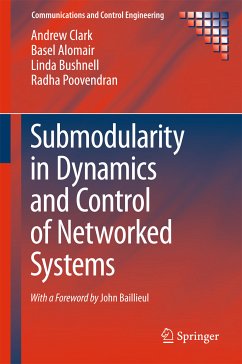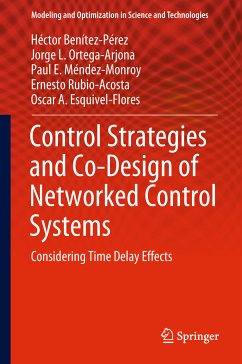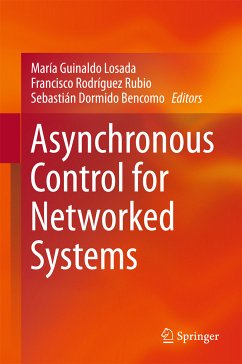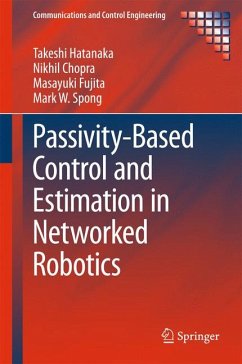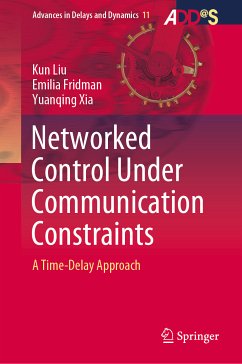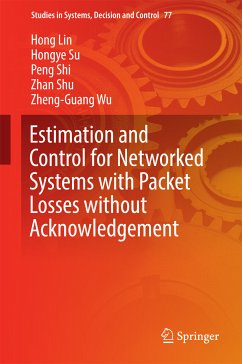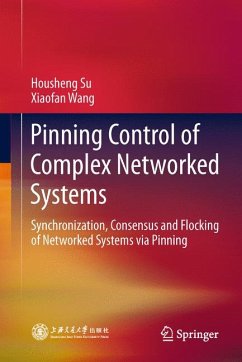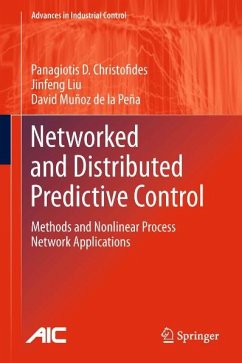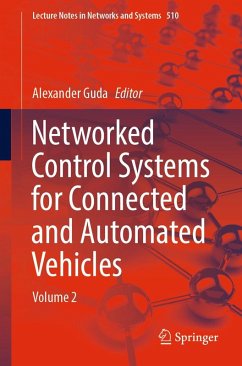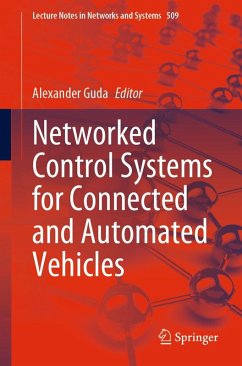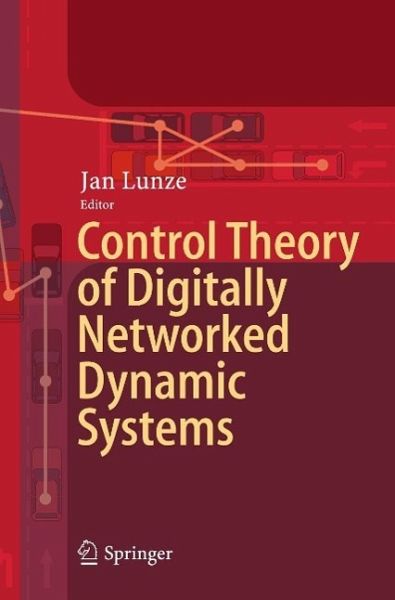
Control Theory of Digitally Networked Dynamic Systems (eBook, PDF)

PAYBACK Punkte
56 °P sammeln!
The book gives an introduction to networked control systems and describes new modeling paradigms, analysis methods for event-driven, digitally networked systems, and design methods for distributed estimation and control. Networked model predictive control is developed as a means to tolerate time delays and packet loss brought about by the communication network. In event-based control the traditional periodic sampling is replaced by state-dependent triggering schemes. Novel methods for multi-agent systems ensure complete or clustered synchrony of agents with identical or with individual dynamic...
The book gives an introduction to networked control systems and describes new modeling paradigms, analysis methods for event-driven, digitally networked systems, and design methods for distributed estimation and control. Networked model predictive control is developed as a means to tolerate time delays and packet loss brought about by the communication network. In event-based control the traditional periodic sampling is replaced by state-dependent triggering schemes. Novel methods for multi-agent systems ensure complete or clustered synchrony of agents with identical or with individual dynamics.
The book includes numerous references to the most recent literature. Many methods are illustrated by numerical examples or experimental results.
The book includes numerous references to the most recent literature. Many methods are illustrated by numerical examples or experimental results.
Dieser Download kann aus rechtlichen Gründen nur mit Rechnungsadresse in A, B, BG, CY, CZ, D, DK, EW, E, FIN, F, GR, HR, H, IRL, I, LT, L, LR, M, NL, PL, P, R, S, SLO, SK ausgeliefert werden.




